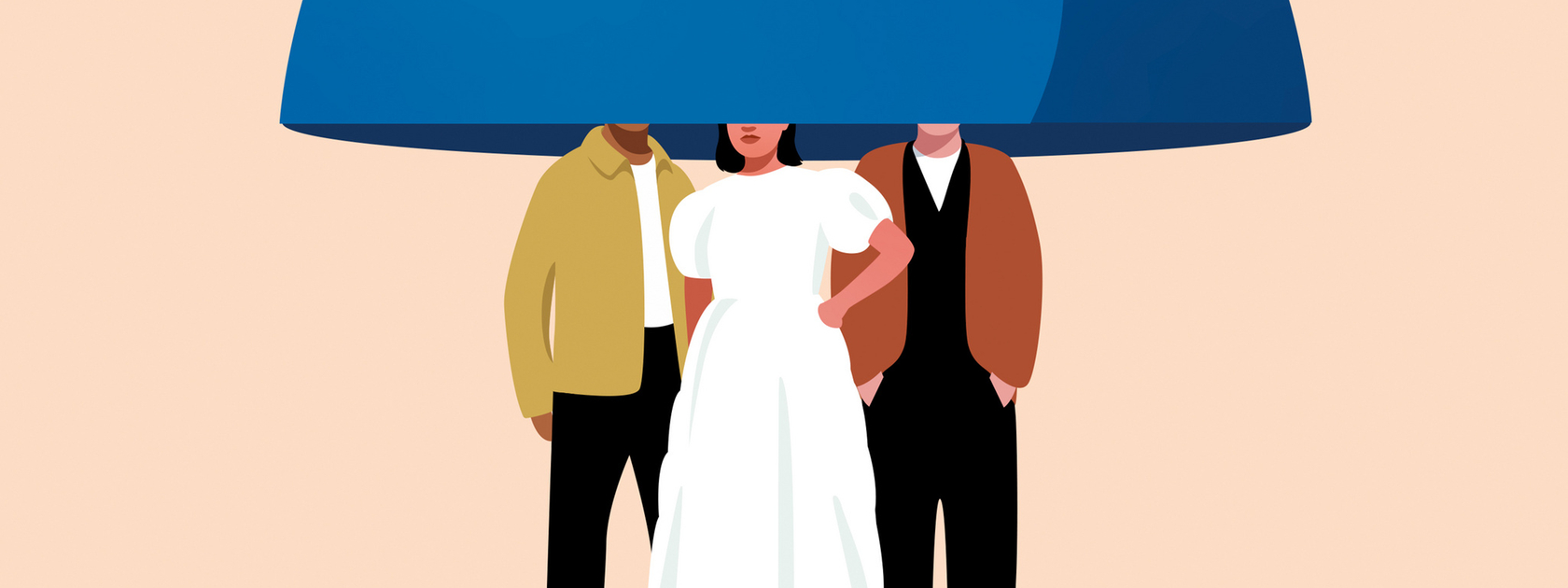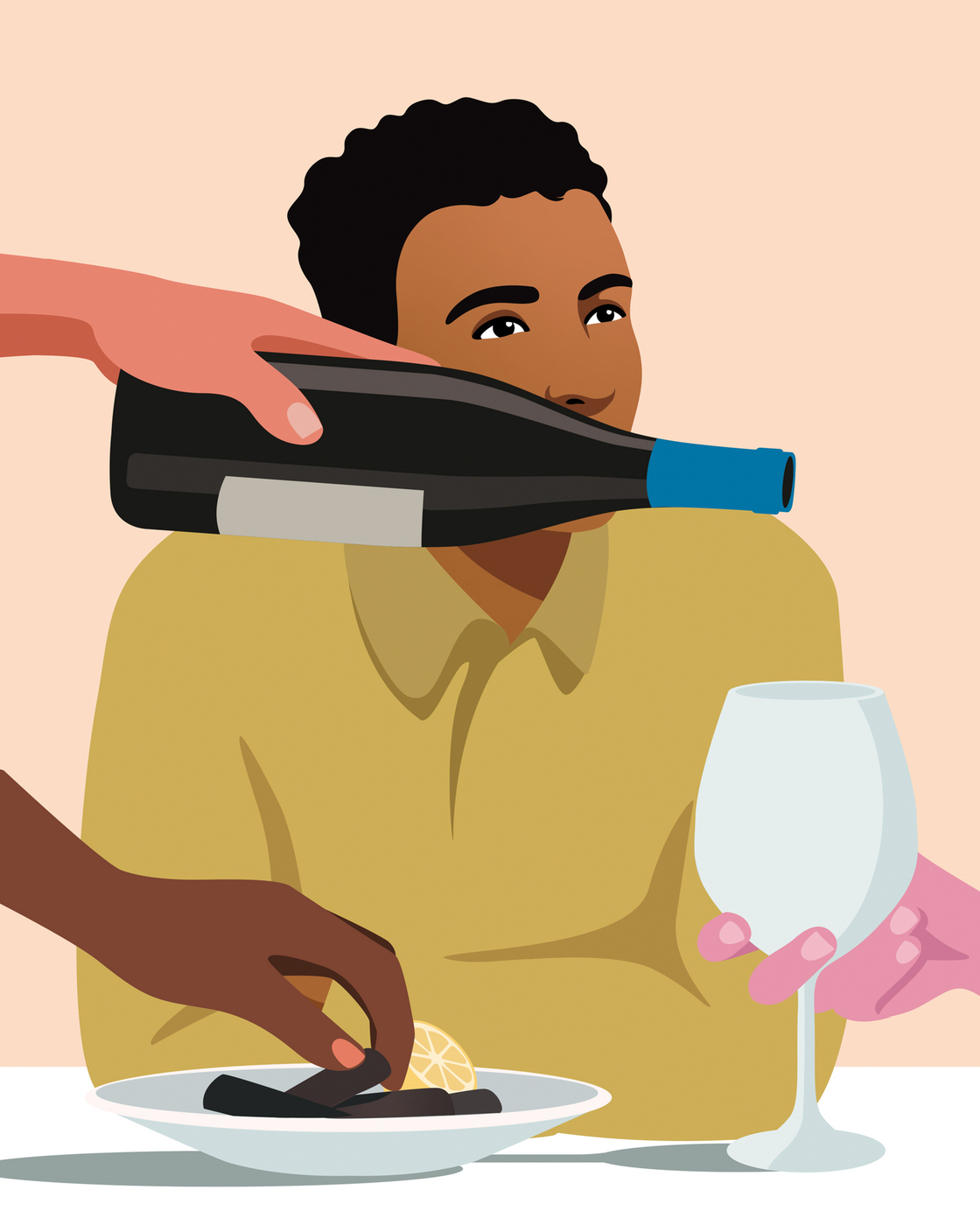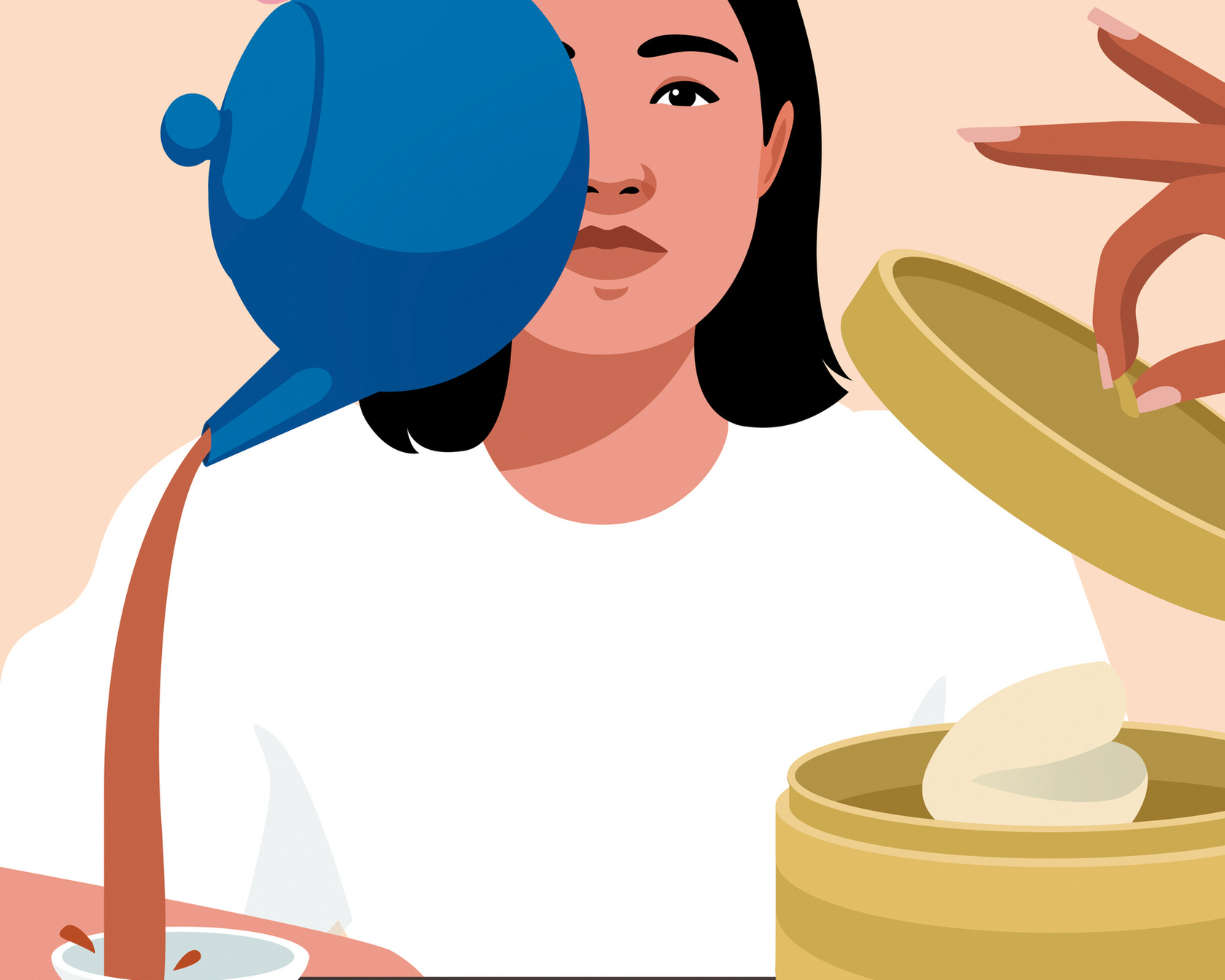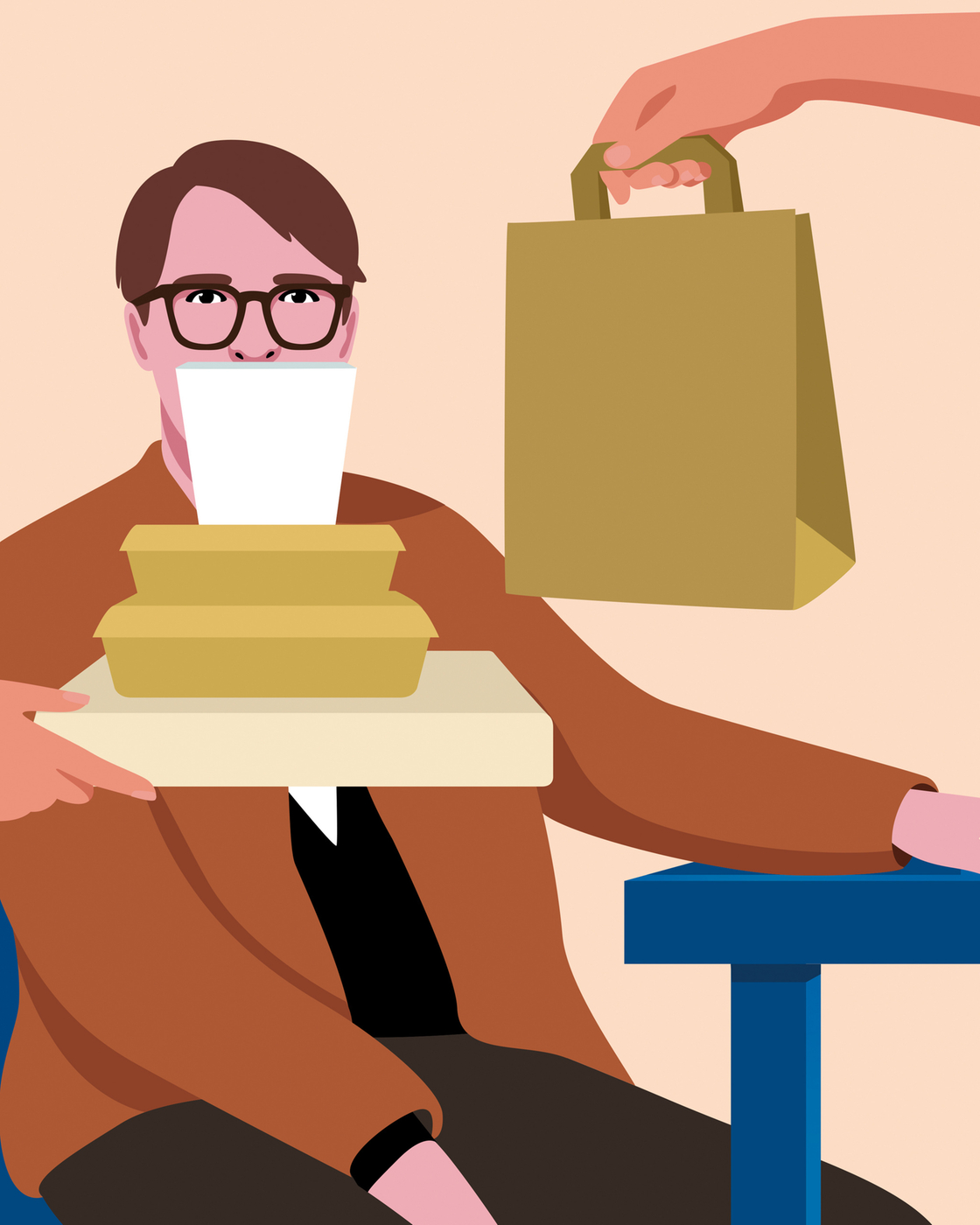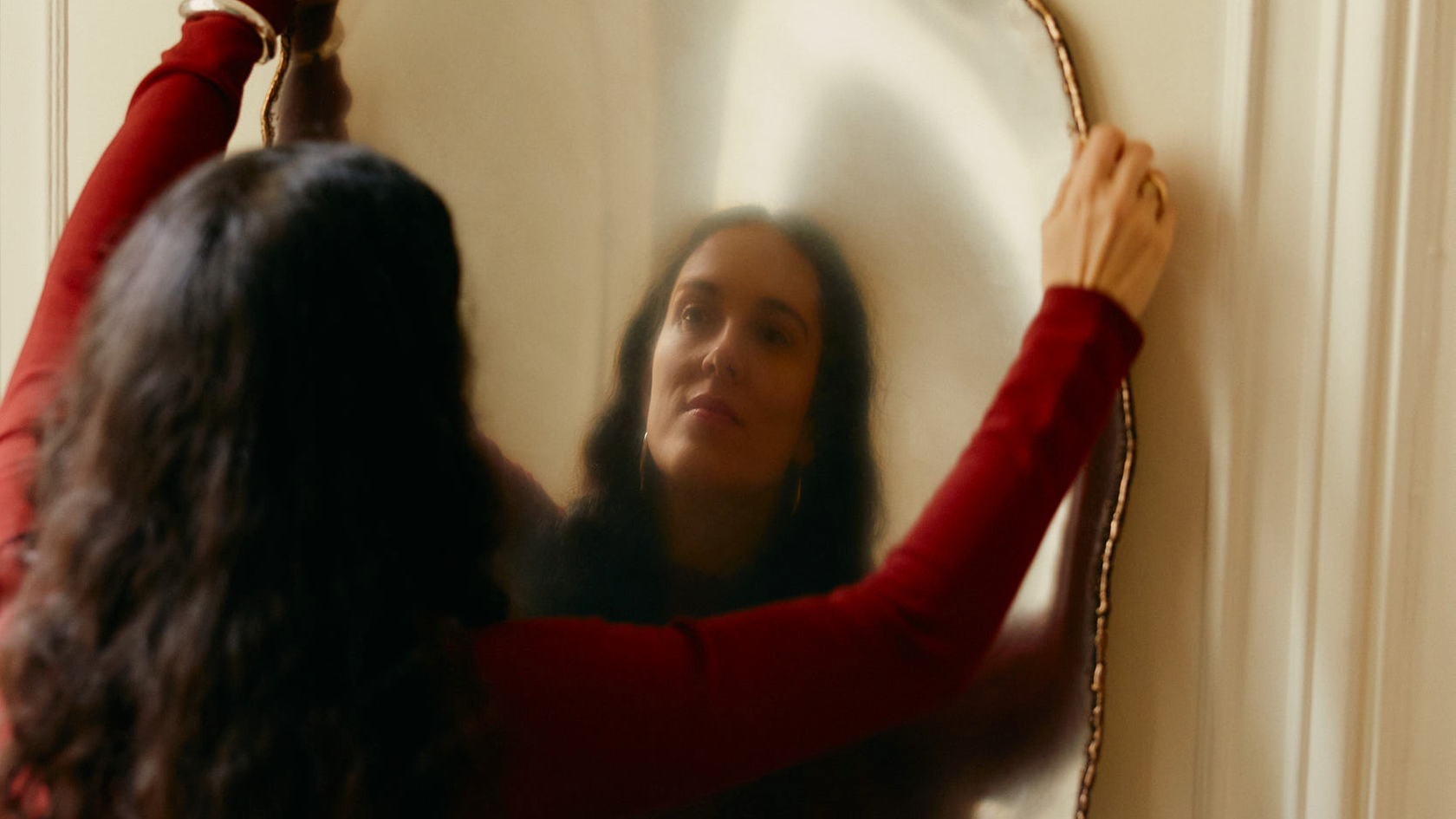To explore this idea, we gathered around the table Erchen Chang, creative director of BAO restaurants in London; Charlie Porter, writer and author of What Artists Wear; and Jayden Ali, director of JA Projects and co-curator of the 2023 British Pavilion in Venice. Together we discussed their earliest memories of family gatherings, how the dinner table is the perfect setting for cultural exchange and why, sometimes, a take-away is the best option.
DANIELLE PENDER I wanted to start with childhood memories of gatherings and dinners or family meals. What were they like? Whose house would you be at? What were you eating? Erchen, would you like to start?
ERCHEN CHANG My family is quite large. I have six aunties and uncles. So, we always had these large family meals with my grandma cooking. She would prepare these banquet-style meals, where she’d go into the wet market in the morning and cook the whole day. It was always chaotic but very joyous. She would also join us to make sure we were eating well—she was really good at multitasking. Because of those early experiences, where there was so much going on, I became the type of person who watches and observes everything that’s going on—I do this in the restaurants now. I watch how people eat, what they’re drinking; I wonder why someone isn’t eating.
JAYDEN ALI Thinking about this has rekindled all these amazing memories of my grandparents. I’m half Trinidadian, half Turkish. The Turkish side of my family is a typical Turkish London family, they live on Green Lanes, a road which is full of locally-owned restaurants, but the best restaurant was always in my grandparent’s garden. They grew fig trees, and my grandma would make stuffed vine leaves and pastries in the kitchen, whether it was for a big day or event like someone’s wedding, a Mevlit [a Turkish death ritual, ed.] or a funeral. There’d be this smell emanating from the grill, and my grandad would be there with the hoover in reverse, blowing air on the coals to stoke the fire where they’d be cooking these incredible cuts of meat. My grandma and grandad really held those gatherings together.
CHARLIE PORTER We were very domestic. My parents weren’t particularly social, and we lived in the middle of the countryside, but I have three sisters so meal times always felt busy, they were such an important part of our day. My parents are artists and were teachers, so it meant that they were always around at the end of the day when we would all gather around a table. It wasn’t particularly about discipline in terms of how much you ate or when you left the table—it was just a total pleasure to be together. I think my attitudes to cooking, gatherings and my ideas of living well all stem from that.
DANIELLE PENDER So, when you have people over now, what’s your favourite thing to make? Or what kind of atmosphere do you like to create?
CHARLIE PORTER Something super simple, like bread and hummus, then just fish in the oven. Very, very elemental, nothing to show off with but using the best ingredients possible. Also trying to break that thing of being stuck in the kitchen and be part of the conversation, but I’m actually hoping to pick up some tips as part of this conversation; talking about hosting makes me want to do it more, and better.
ERCHEN CHANG I’ve been very focused on opening the restaurants over the last few years, so I’ve mostly been meeting friends there, but recently I had a baby so my partner and I have had friends over to the house, which has been a super nice and intimate way to bring friends together. I am the type of person who usually goes all out, from buying the best produce I can get, to creating an after-meal numerology reading alongside a tea ceremony, but since having the baby I have had to tame myself recently. I often cook noodles, and before I gave birth, I cooked a lot of stock that I kept in the freezer because I knew I would be too tired to cook when the baby arrived, so that has come in very useful.
DANIELLE PENDER Jayden, we’re coming to your house for dinner. What are you making? What are you wearing? What are we going to listen to?
JAYDEN ALI I have to admit to not being much of a cook, but thankfully, my partner is a very, very good cook. I play more of a host role, making sure everyone’s got their snacks and drinks. I’ll put on a little bit of WhizKid playing in the background, which is contemporary West African Highlife, Afro Beats Music, to set the tone. Recently we had eight people over for dinner and my partner made a delicious set of curries. She’s also a set designer so she’d laid the table beautifully, we had candles, the house was looking good, we’d got out the separate set of cutlery, there were placemats, but it wasn’t formal, it wasn’t all matching. I could tell that everybody missed being around the table together. There’s something really special about engaging in those conversations you have around the table that are kind of origin conversations, as well as kind of current affairs and political discussions. You know, you each talk about your childhoods, your passions, you find out about someone’s bizarre passion— they’re really lovely moments.
